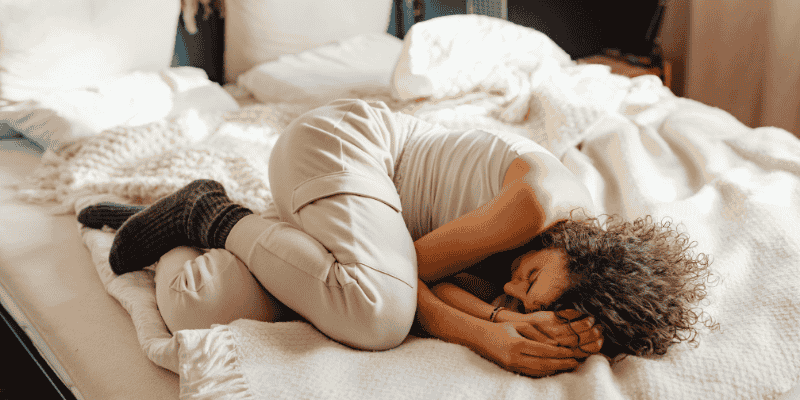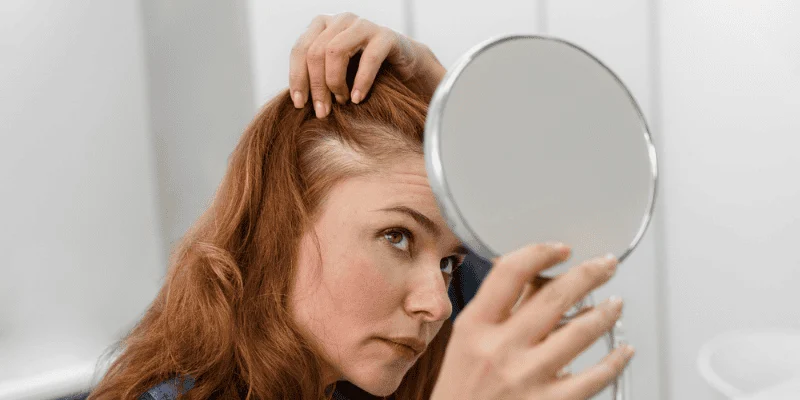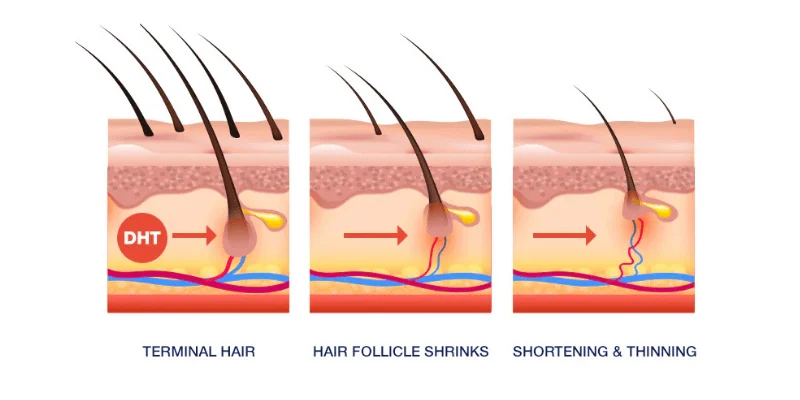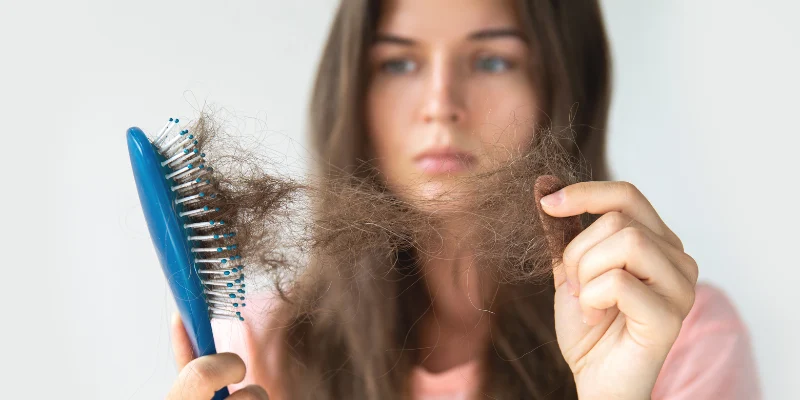Hair loss is a common concern for many people, and while genetics, diet, and stress are often blamed, one overlooked factor is how you sleep. The way you rest at night—whether on your side, stomach, or back—can create friction that damages hair over time. Constant rubbing against your pillow can…
-
-
1. Introduction Have you ever looked at your hairbrush and wondered why so much hair is falling out? Perhaps you’ve noticed your hairline changing after pregnancy or your hair becoming thinner during menopause. These changes are common and often associated with hormonal fluctuations. Hormones are your body’s chemical messengers. They…
-
Polycystic Ovary Syndrome (PCOS) affects 1 in 10 women of childbearing age, making it one of the most common hormonal disorders. While symptoms like irregular periods, weight gain, and acne are well-known, hair loss is one of the most distressing effects of PCOS. If you’ve been noticing more hair in…
-
Hair loss is one of the most common concerns for men, affecting millions worldwide. While some hair shedding is normal (we lose about 50-100 hairs daily), excessive thinning or bald patches can be alarming. Many men assume that balding is inevitable, but the truth is that understanding the root causes…
-
To start with, hair loss can be one of the most distressing changes a woman experiences. If this sounds familiar and you have noticed more hair in your brush, a widening part, or a thinner ponytail, you’re not alone. In fact, many women are unaware that thyroid disorders are a…




